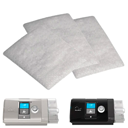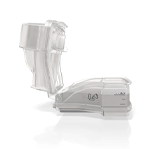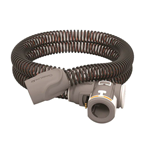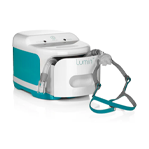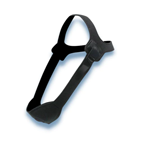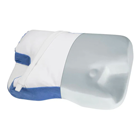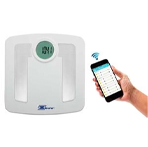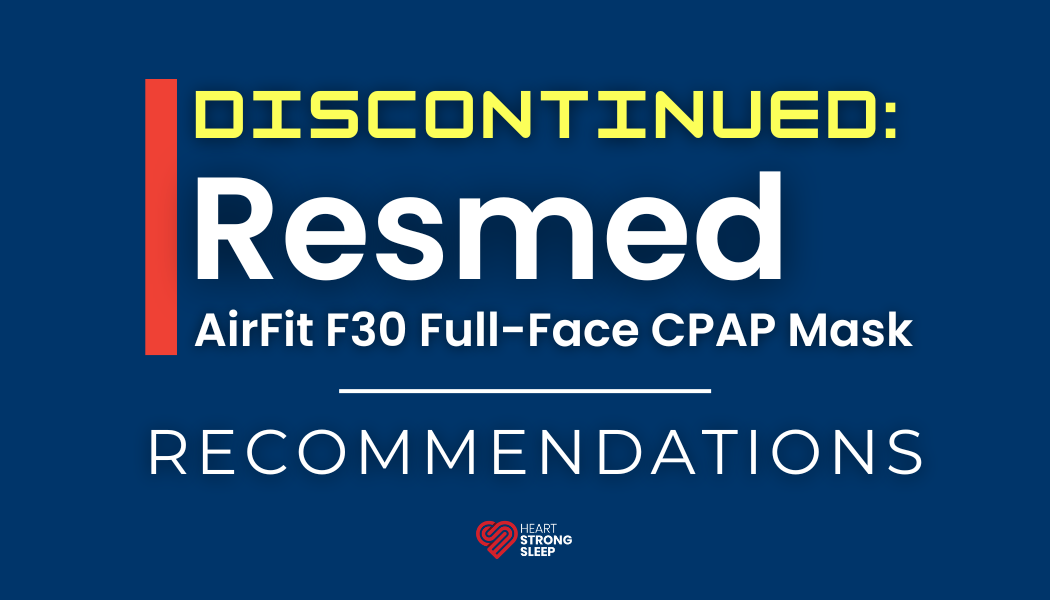While CPAP therapy offers significant benefits for individuals suffering from sleep apnea, it can sometimes be associated with weight gain. Although the exact mechanisms are still being investigated, several potential factors contribute to this phenomenon:
Increased Appetite: Sleep apnea itself disrupts the production of hormones, such as leptin and ghrelin, which regulate hunger and satiety. CPAP therapy can normalize these hormones, leading to increased appetite and potentially higher calorie intake.
Decreased Energy Expenditure: Sleep apnea can cause fragmented sleep and reduced REM sleep, both of which contribute to decreased metabolism and energy expenditure. CPAP therapy can improve sleep quality, but it could also lead to a temporary decrease in energy expenditure, resulting in weight gain.
Muscle Gain: Some studies suggest that CPAP therapy can increase lean muscle mass, which can contribute to weight gain. This is primarily beneficial as muscle tissue burns more calories at rest compared to fat tissue.
Improved Sleep Efficiency: Deeper and more restful sleep due to CPAP therapy can lead to increased appetite and potentially higher food intake. This is because sleep deprivation can trigger cravings for sugary and processed foods to compensate for low energy levels.
Changes in Body Composition: Research suggests that CPAP therapy may alter body composition, leading to increased muscle mass and a decrease in fat mass. This can be beneficial for overall health, even if it results in a slight increase on the scale.
Individual Variability: The impact of CPAP therapy on weight can vary significantly between individuals due to factors like genetics, lifestyle habits, and pre-existing health conditions. Some individuals may experience significant weight gain, while others may see no change or even slight weight loss.
It's important to note that the benefits of CPAP therapy far outweigh the potential risk of weight gain. If you are concerned about weight gain while using CPAP, it's recommended to discuss your concerns with your healthcare provider. They can help you develop a personalized plan to manage your weight and optimize your sleep apnea treatment.
Here are some tips to manage weight while on CPAP therapy:
- Maintain a healthy diet and exercise regularly.
- Monitor your calorie intake and adjust it as needed.
- Practice good sleep hygiene to further improve sleep quality.
- Talk to your doctor about potential medication adjustments that might affect weight.
- Be patient and consistent with your CPAP therapy and healthy lifestyle habits.
Remember, with the right approach and support, you can successfully manage weight while enjoying the improved sleep and health benefits of CPAP therapy.
Heartstrong Sleep
877-815-7300

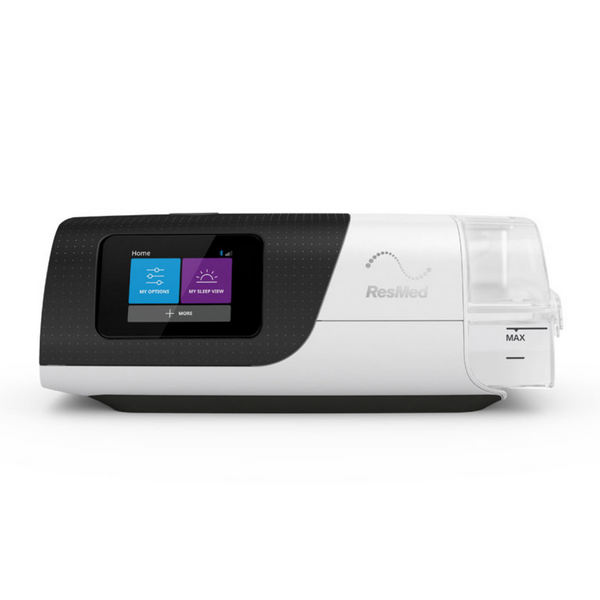
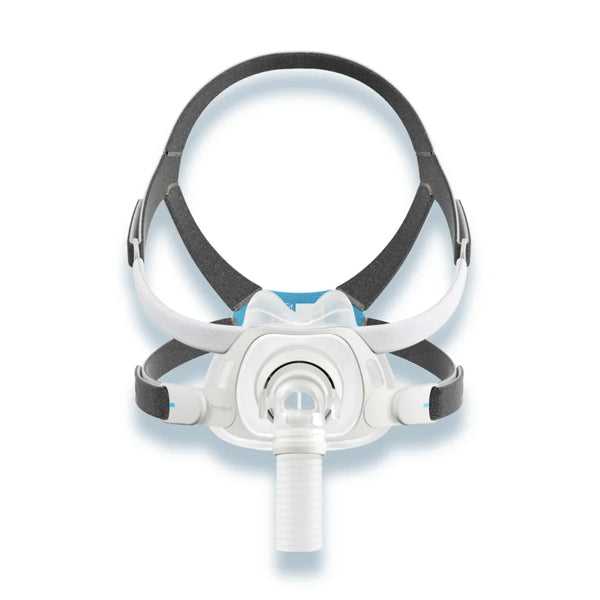
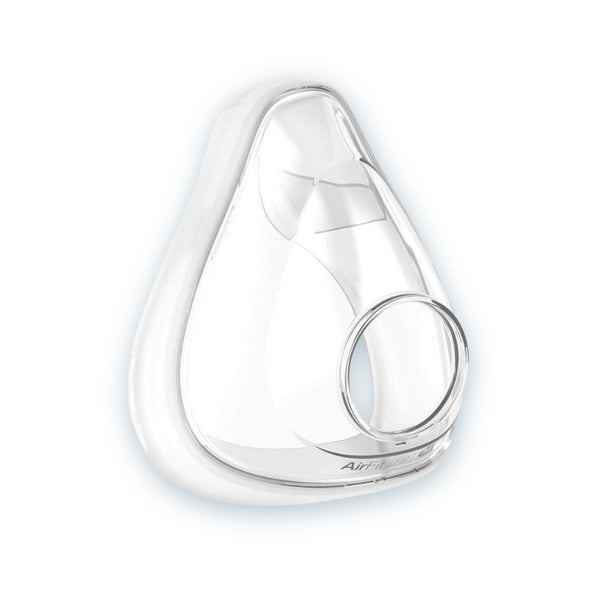
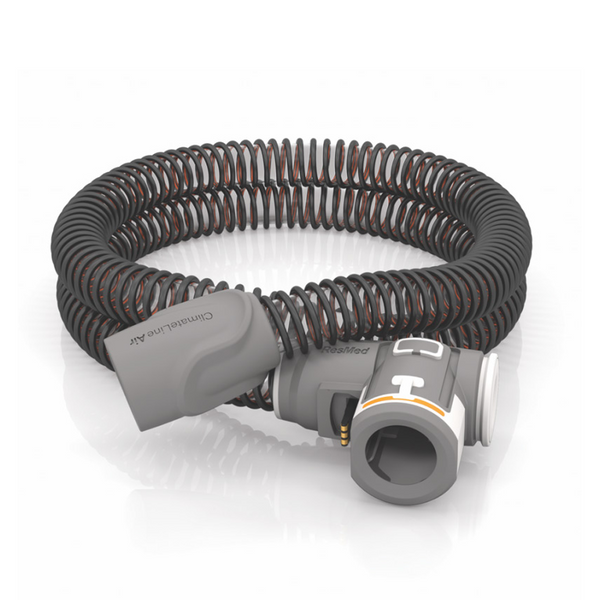


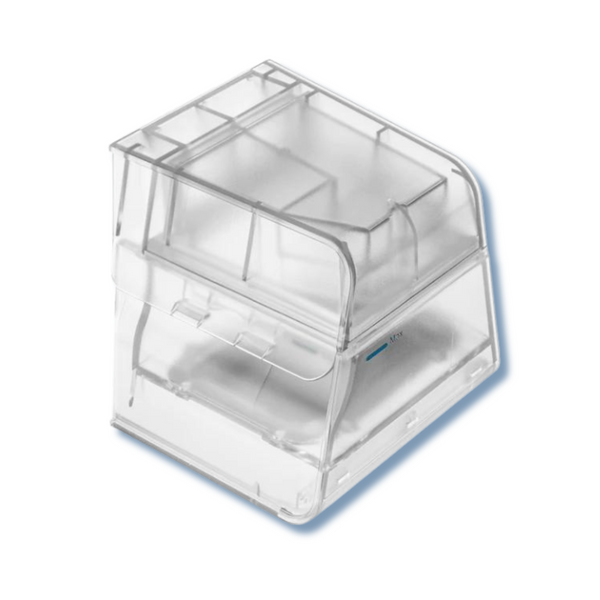

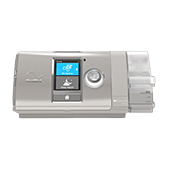
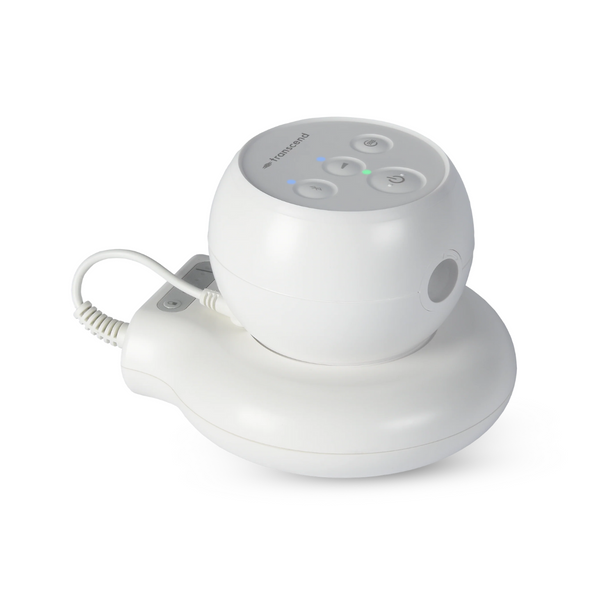
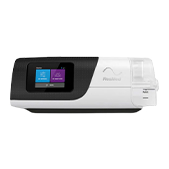
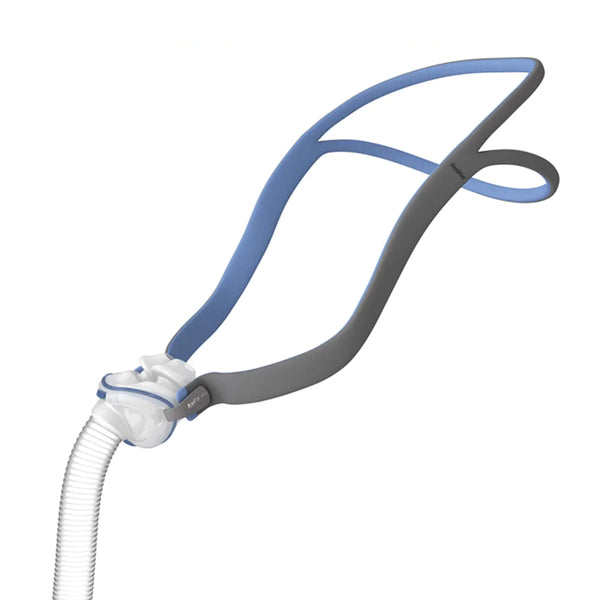
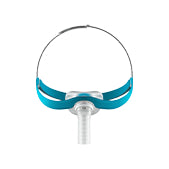
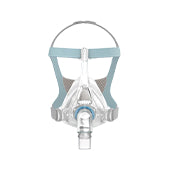
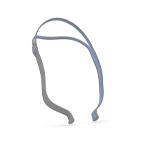
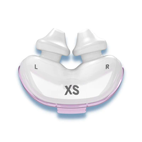
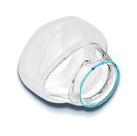
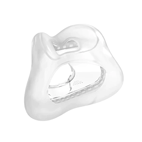
![[subscription]](http://heartstrongsleep.com/cdn/shop/files/Group_30_6a2ee5b7-7d1a-49f1-855d-428a7cb5358f.png?v=1733846466&width=600)
